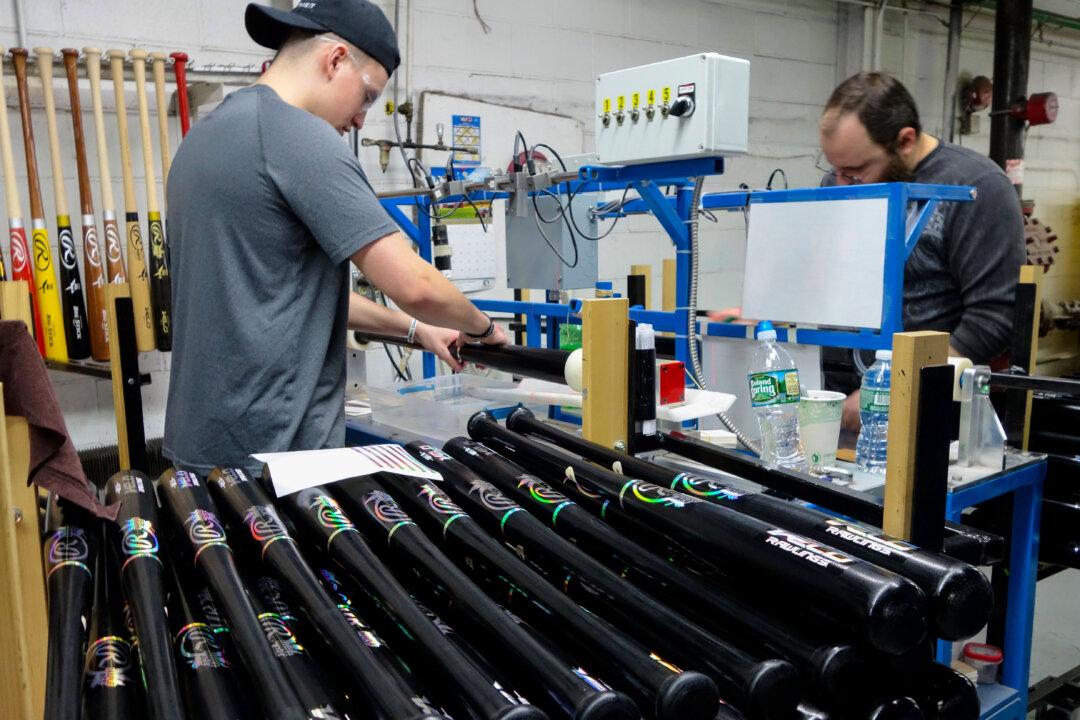U.S. manufacturing activity registered a decline in March, with new orders and factory production falling for the month, according to the Institute for Supply Management (ISM).
“The Manufacturing PMI registered 49 percent in March, 1.3 percentage points lower compared to the 50.3 percent recorded in February,” ISM said in an April 1 statement.





